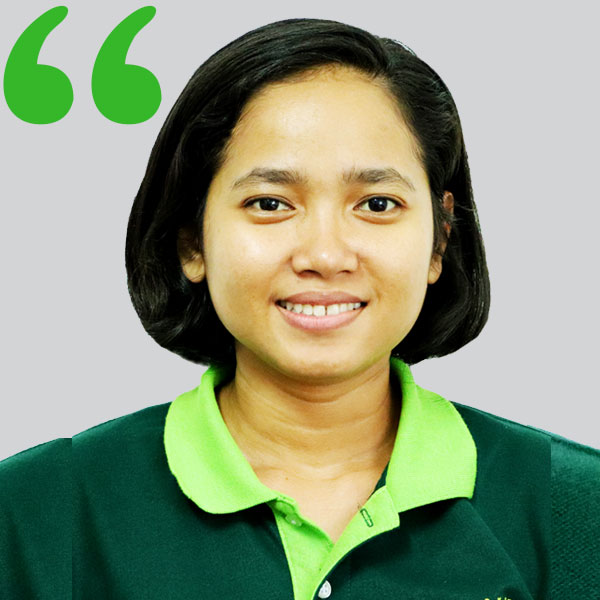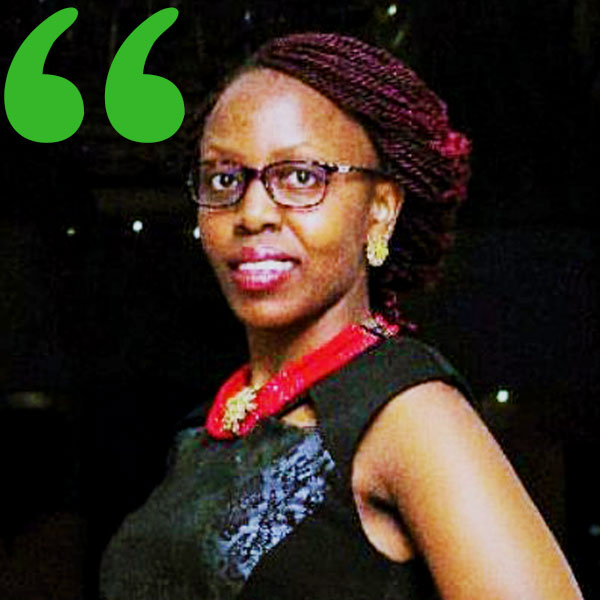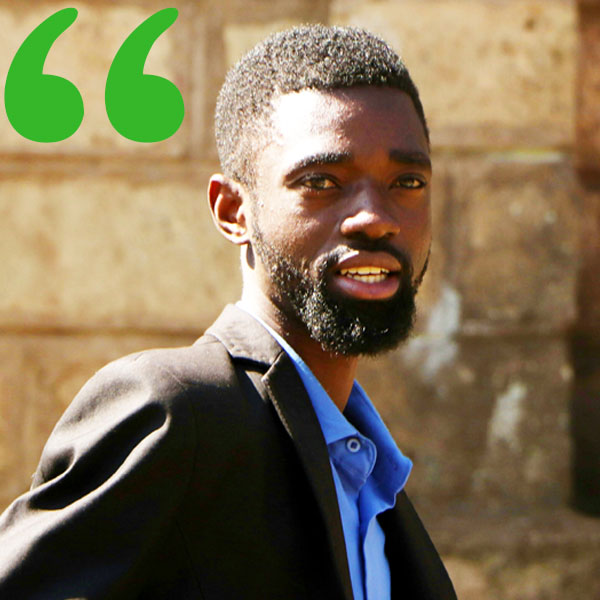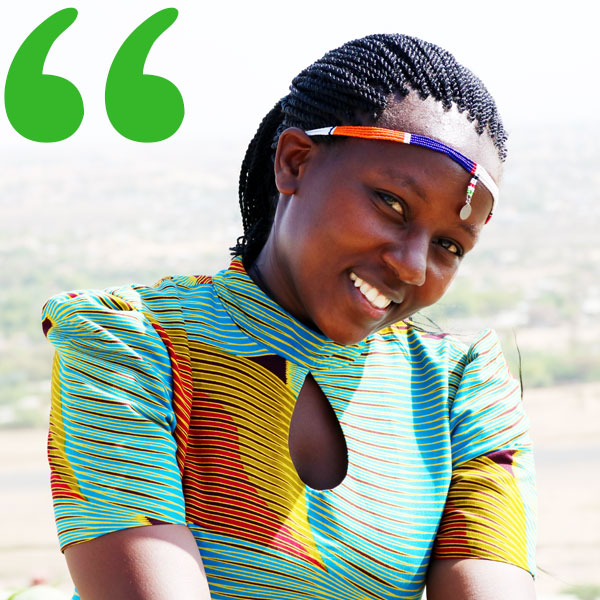
Tomiwa was a Fellow at CIPESA during his Master’s in Human Rights and Democratisation programme. The fellowship was as a result of the partnership between CIPESA, Makerere University and the Centre for Human Rights, University of Pretoria during which Tomiwa he worked on a couple of projects with CIPESA that focused on internet freedoms and the digital ecosystem in Africa.
Tomiwa has worked with Paradigm Initiative in Nigeria where he provided legal support on the first digital rights legislation in Africa, the Digital Rights and Freedom bill and also worked on several tech policy analysis briefs, strategic advocacy on internet freedoms in Africa. he also had a brief stint with MainOne Cable Company.
He is currently a Doctoral candidate at the Centre for Human Rights, University of Pretoria where he also works as a Researcher at the Democracy, Transparency and Digital Rights Unit of the Centre.
Sotheavin Doch

Sotheavin Doch holds a bachelor degree in Environmental Science and a masters degree in Disaster Risk and Resilience. She was a Research Assistant for the BBC Media Action in Cambodia and is a Research and Partnership Officer with Open Development Cambodia (ODC). She supports ODC’s team to promote and teach use of ODC’s site as an open data platform. She organises training for citizens citizen journalists local authorities and others stakeholders to access information of public services’ services/fee digitized on ODC’s website and also conducts training on ‘data-driven journalism’ to journalist students in Cambodia to generate and analyse data into their news reports to develop a new way of telling stories with data or evidence.
Sotheavin joined CIPESA as part of the South South Media Lab (SSMLab) in-residence program which aims at increasing networking and collaboration within the media sector between South-East Asia and East Africa. The residencies took place during November and December 2018.
As part of the fellowship, Sotheavin worked on the use of open data and open source technology to promote public service delivery. She also conducted a training for journalists on data-driven reporting methods, through engagements and needs assessments with ICT4Democarcy Network partners CIPESA, Women of Uganda Network (WOUGNET) and Transparency International (TI) Uganda.
Wanjiru Mburu

Wanjiru Mburu is an ICT4D researcher who is passionate about using ICT to bridge the healthcare digital divide in developing countries.
She holds a bachelors degree and masters degree both in Computer Science, and is currently a Ph.D. student at the ICT4D center, University of Cape Town. Her research interests are mainly in human-computer interaction for development (HCI4D) and mobile health fields.
For her fellowship, Wanjiru worked with the Kenya Medical Research Institute (KEMRI) and African Population and Health Research Centre (APHRC), to research how ICT platforms can be used to educate mothers of preterm infants on their health rights in Kenya. A journal article from this fellowship was accepted in the 6th International Conference on Mobile Communication Technology for Development (M4D2018) conference proceedings which was held in Kampala, Uganda in December 2018.
Marvin Bwire

Marvin Bwire, another fellow from Nairobi, Kenya worked to profile and raising awareness about female genital mutilation in Meru and empowering women in politics in Kenya through video. He worked with the Kenya Human Rights Commission (KHRC), a member of the ICT4Democracy in East Africa Network.
Marvin is a film production graduate from the Multimedia University of Kenya and a practicing journalist. His work is built upon the pillar of the right to information for all and the use of ICT as an avenue to provide information to the public.
Lilian Kaivilu

Media Fellow Lilian Kaivilu is a multimedia journalist based in Nairobi, Kenya, with a keen focus on Innovations, Gender, Health, Business and Development stories.
Lilian works as a writing consultant with the World Bank Group and is also the founder of Impacthub Media, an online media platform that focuses on Development, Health and Innovation stories from Kenyan communities.
She has previously worked as a reporter for the Global Press Journal, Kenya News Desk. She has also worked as a Features reporter at Mediamax Network Limited (People Daily Newspaper), and as a sub editor at Shrend Publishers and Supplies Limited.
Lilian is a Bloomberg Media Initiative fellow (Strathmore Business School), Safaricom Business Journalism fellow (Strathmore Business School), Kenya Institute of Mass
Communication Journalism Graduate and a Linguistics, Media and Communication graduate from Moi University. In addition, she is currently taking Digital Capacity Building training by the World Association of Newspapers and News Publishers (WAN-IFRA). She is also pursuing the WAN-IFRA’s Media Management course.
For her fellowship tenure, in the run up to Kenya’s 2016 elections, Lillian covered stories on ICT for rural access to information, how ICT is transforming Nairobi’s Kibera slum, challenges to political participation by rural populations and local innovations in maternal health care.





